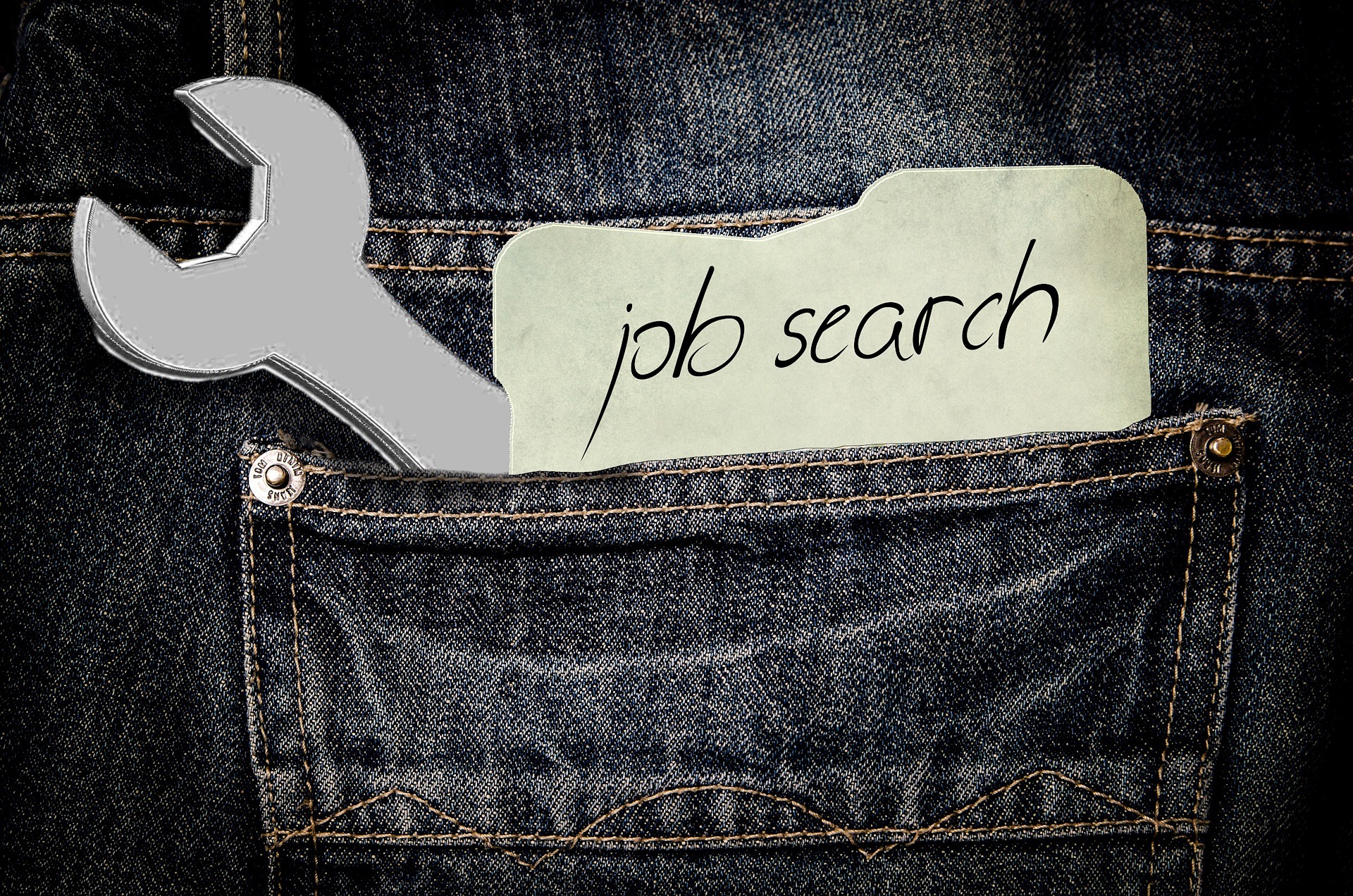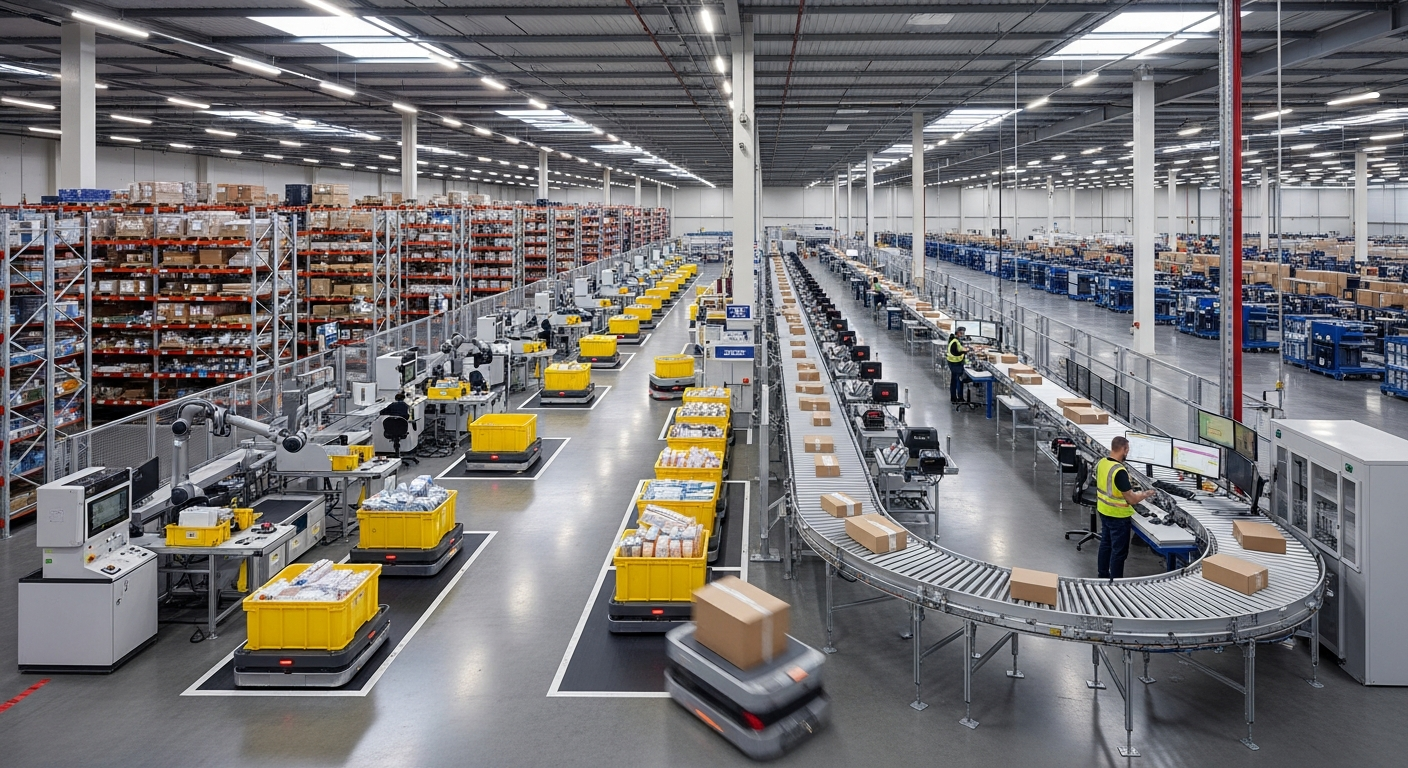Rethinking Job Interviews: A Modern Approach to an Age-Old Process
The job interview process has long been the gateway to employment. It's a ritual that dates back centuries, and while the format and nature of interviews have evolved, the basic concept remains the same. However, today's job market demands a fresh perspective and innovative strategies to navigate this critical stage of job hunting.
A Brief History of Job Interviews
The job interview as we know it today began to take shape in the early 20th century. Prior to this, employment was often secured through personal connections or based on physical attributes for manual labor. The rise of bureaucratic organizations and the need for specialized roles led to the first structured job interviews. Over time, these interviews have become more complex, incorporating various methods such as behavioral-based questions, competency tests, and panel interviews.
Contemporary Job Market: A New Paradigm
The modern job market is a dynamic and ever-changing landscape. Technological advancements, economic shifts, and changes in societal expectations have all left their mark. The traditional pattern of holding one job for life has been replaced with frequent career changes and development. This shift calls for an updated approach to the interview process, one that aligns with these modern realities.
Reframing Interview Strategies: Benefits and Challenges
Rethinking traditional interview strategies can offer myriad benefits to both job seekers and employers. For job seekers, it can mean the difference between landing a role that truly fits their skills and aspirations, and settling for less. For employers, it can lead to the on-boarding of talent that is more likely to excel in the role and contribute to the company’s objectives.
However, this new approach is not without its challenges. Job seekers must invest time in self-reflection, understanding their unique value proposition and being able to articulate it effectively. Employers, on the other hand, need to become adept at decoding these narratives and aligning them with their organizational needs.
Applications in the Real World
In the real world, this reimagined approach to job interviews has already begun to take shape. More and more job seekers are shifting from the traditional ‘tell me about yourself’ responses to storytelling techniques that highlight their unique experiences, skills, and values. Employers are also becoming more receptive to these narratives, recognizing the value in understanding a candidate’s individual journey.
A New Era of Job Interviews
The current job market necessitates a fresh approach to the job interview process. While the core purpose of this process remains unchanged, the way we approach it must evolve to meet the demands of the modern career landscape. By embracing this new perspective, we can create a more effective, meaningful, and rewarding interview experience for all involved.
The future of job interviews is not about discarding the old but about enhancing it with the new. It’s about creating an environment where job seekers feel empowered and employers can make informed decisions. It’s about recognizing the unique journey of each individual and the value it brings to the table. It’s time we rethink job interviews and embrace the possibilities this new approach presents.







